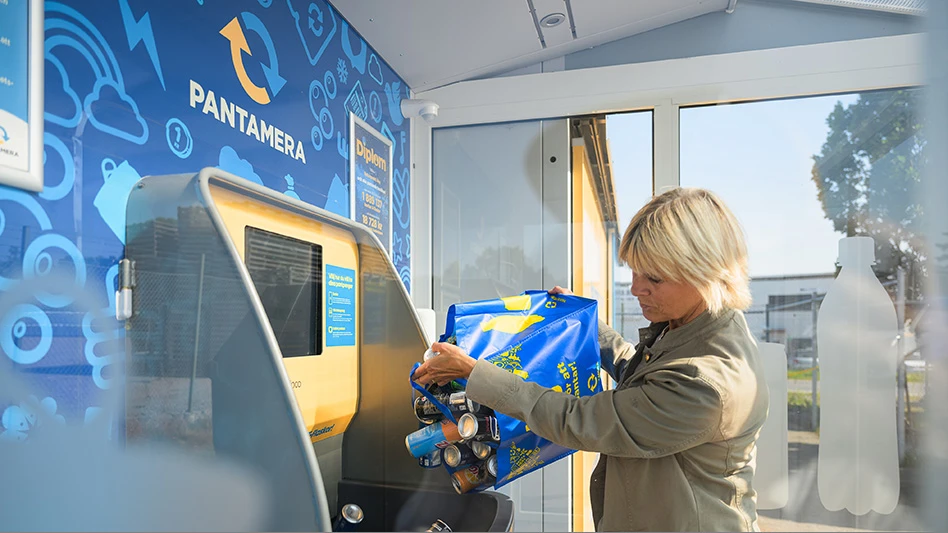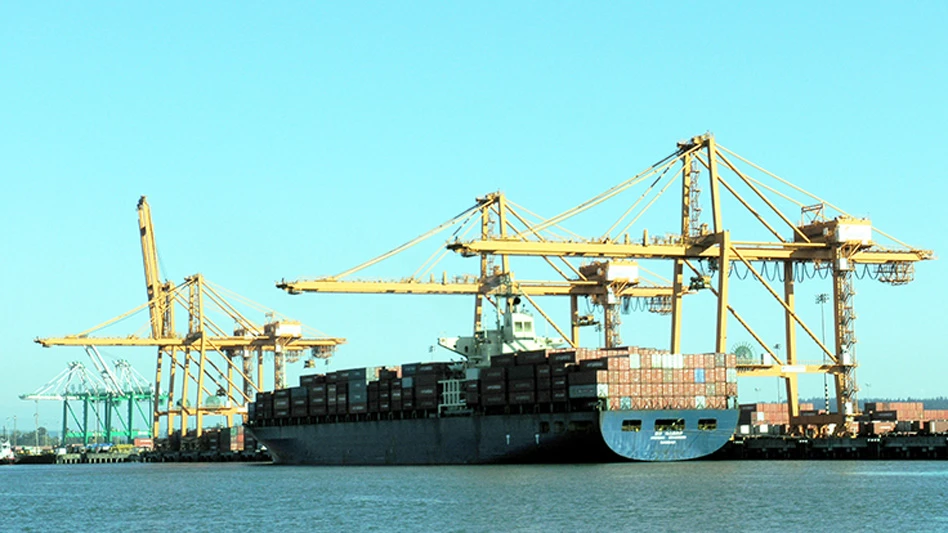
Seattle-based Basel Action Network (BAN) has published a new guideline it says is designed to protect developing countries from ill effects when importing electronic scrap.
The “Responsible Guideline on Transboundary Movements of Used Electronic Equipment and Electronic Waste to Promote an Ethical Circular Economy under the Basel Convention” was developed as an alternative guideline to the Basel Convention’s interim guideline, which BAN has been "fraught with controversy and lack of consensus,” according to a BAN news release.
The alternative guideline, which is being published ahead of the 14th Conference of the Parties April 28-May 9 in Geneva, was deemed necessary by BAN because the “official” interim guideline, in its latest negotiated draft iteration, “departs from the purpose and intent” of the Basel Convention and places developing countries at serious risk of being targeted with uncontrolled hazardous electronic scrap dumping, BAN says.
“Not only will the existent official guideline promote harm to developing countries, but it undermines the global effort to promote environmental justice and a responsible circular economy,” BAN Executive Director Jim Puckett states.
At the request of the electronics manufacturers represented by the Information Technology Industry Council (ITI), Washington, and Digital Europe, and promoted by the European Union, BAN says the official guideline was “dangerously weakened in recent years to allow a blanket exemption from the Basel Convention’s controls.” BAN says it foresees problems of the following nature:
- any whole equipment can be claimed to be “repairable” to avoid waste controls;
- even legitimate repair involves nonfunctional parts and irreparable items being discarded in importing countries and then disposed of there; and
- the proposal violates the intent and purpose of the Basel Ban Amendment, which makes it illegal to export hazardous waste of all kinds for any reason from developed to developing countries.
The responsible guideline addresses these “dangerous shortcomings” of the official guideline on e-scrap, while still allowing companies to engage in legitimate repair, BAN says.
“Turning away from the Basel Convention while trying to embrace the circular economy is a nonsensical contradiction,” Puckett says. “Instead, we urge all Basel parties and other governments, human rights and environmental organizations to utilize and endorse the new responsible guideline.”
Latest from Recycling Today
- Nucor expects slimmer profits in early 2025
- CP Group announces new senior vice president
- APR publishes Design Guide in French
- AmSty recorded first sales of PolyRenew Styrene in 2024
- PRE says EU’s plastic recycling industry at a breaking point
- Call2Recycle Canada, Staples Professional expand partnership
- Circular Services breaks ground on north Texas MRF
- Tariff uncertainty results in choppy nonferrous scrap flows





